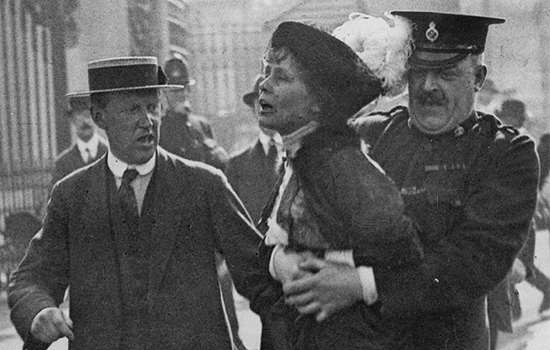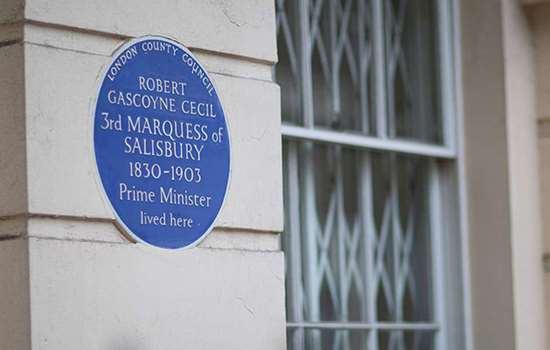ALDRIDGE, Ira (1807-1867)
Plaque erected in 2007 by English Heritage at 5 Hamlet Road, Upper Norwood, London, SE19 2AP, London Borough of Bromley
All images © English Heritage
Profession
Actor
Category
Theatre and Film
Inscription
IRA ALDRIDGE 1807-1867 Shakespearian Actor 'The African Roscius' lived here
Material
Ceramic, Enamelled steel
Ira Aldridge was the first black actor to play Othello on a West End stage. He is commemorated with a blue plaque at 5 Hamlet Road in Upper Norwood where he lived towards the end of his life, having established himself as a respected stage actor in Britain and abroad.
‘THE CELEBRATED AMERICAN TRAGEDIAN’
Ira Frederick Aldridge was born in New York City and left for Britain at the age of 17 when it became obvious that – as an African-American – he would be unable to pursue an acting career in the United States.
He made his début in London’s West End in October 1825, playing Oronooko in The Revolt of Surinam, or, A Slave’s Revenge at the Royal Coburg Theatre, where he was billed as ‘the Celebrated American Tragedian’. His performance was met with a mixed reception: some members of the audience were openly hostile and a review in The Times attacked his pronunciation owing to ‘the shape of his lips’.
Despite such criticism, Aldridge’s run was extended and he spent the next eight years touring the provinces, now billed as the ‘African Roscius’.
THE FIRST BLACK OTHELLO
In April 1833 Aldridge was chosen to replace the mortally ill Edmund Kean in the role of Othello at the Covent Garden Theatre. It was the first time a black actor had played Othello on a West End stage.
Aldridge’s two performances were enthusiastically applauded by the audience, but once again savaged by the critics, who failed to overcome their racial prejudices. Some accused him of ‘pawing’ Desdemona, who was played by Ellen Tree. At a time when the bill to abolish slavery was passing through Parliament, the theatre bowed to the critics and cancelled his remaining engagements, forcing Aldridge to return once more to the provincial circuit.
INTERNATIONAL SUCCESS
Over the next 19 years, Aldridge diversified his roles and, donning wigs and white make-up, moved on to non-black parts such as Macbeth, Shylock and King Lear. By the time he performed again in London, in 1848, his reputation was assured. One journal, The Era, commented that Aldridge’s appearance on stage was ‘a great moral lesson in favour of Anti-Slavery’.
In the 1850s Aldridge received rapturous receptions on a three-year tour through Belgium, Prussia and Austria-Hungary. Subsequent tours to Sweden and Russia proved equally successful and he became the first actor to perform Shakespeare in the Russian provinces.
LONDON HOME
Aldridge’s former home, 5 Hamlet Road, is set in the affluent and leafy suburbs of Upper Norwood. The handsome detached villa reflects the remarkable success Aldridge achieved in Victorian Britain. He moved here in about 1861–2, shortly before becoming a naturalised British citizen in 1863, and was where his wife, Margaret, and later his second wife, Amanda, brought up his children. Aldridge named the house ‘Luranah Villa’ in memory of his mother.


